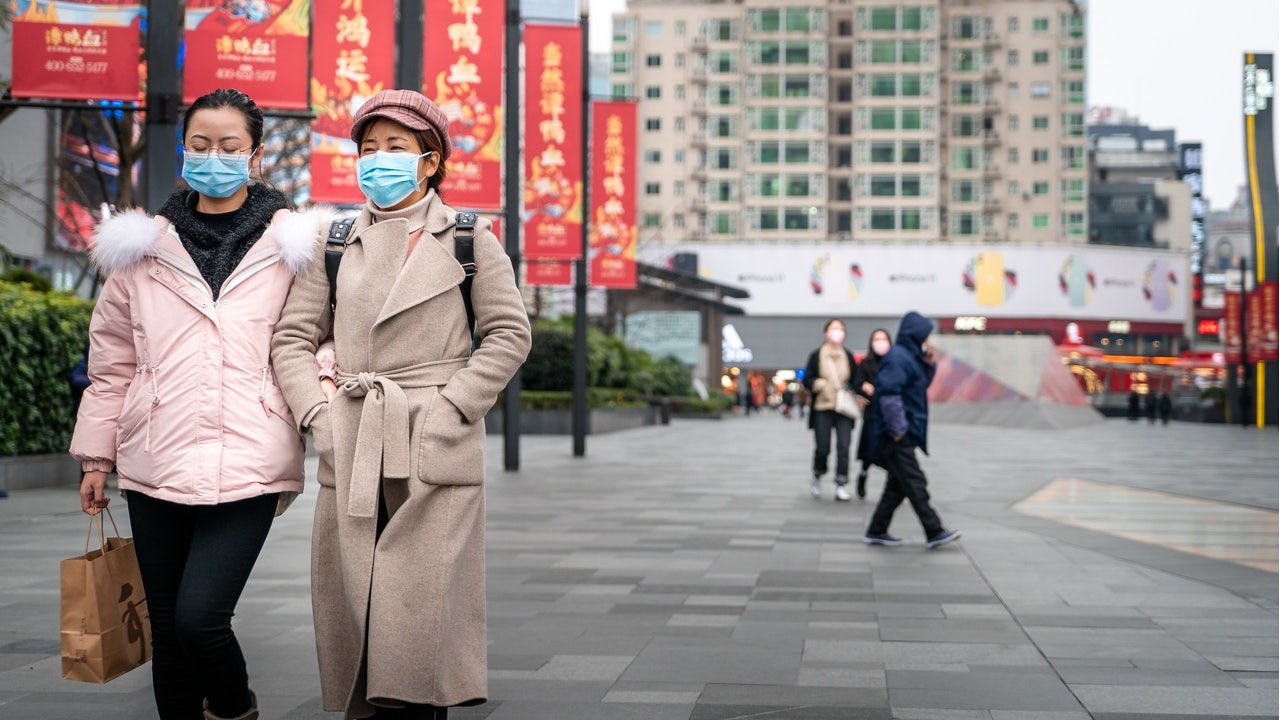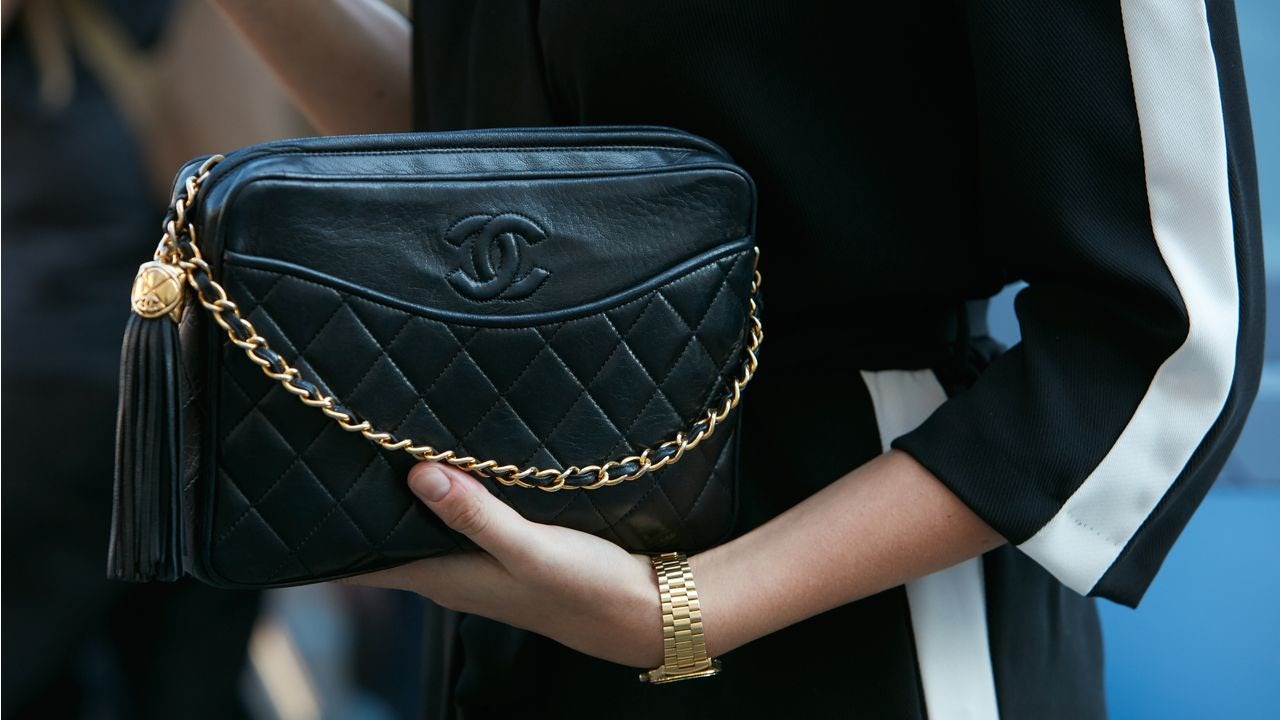What happened
Don’t book that plane ticket to China just yet. Border restrictions may persist for another year as the country grapples with surging COVID-19 cases, the Wall Street Journal reports. Although China has distributed more than one billion vaccine doses and plans to immunize at least 70 percent of its population by the year’s end, Beijing is sticking to its timeline of opening borders in the second half of 2022. New visas will be limited to those who receive a Chinese vaccine — available in more than 90 nations — and meet other requirements.
The Jing Take
China’s caution can’t be faulted. Even neighboring areas that had managed to avoid the worst of the pandemic in 2020, such as Taiwan, Malaysia, and Vietnam, are now seeing alarming rates of new infections.
The most recent outbreak near China’s southern border is already causing massive headaches. The highly transmissible Delta variant in Guangdong has not only sparked lockdowns but also disrupted operations of a major port, with shipping delays threatening to strain global supply chains and spoil Christmas shopping. And, as China gears up for two pivotal events in 2022, it's keen to curtail any further setbacks: first, there’s the Olympics in February, which will make Beijing the first city ever to host both the Summer and Winter Games; then, there’s the 20th Party Congress in October which could see Xi Jinping assume an unprecedented third-term as leader.
For businesses, closed borders will mean things continue on as they have over the past year — working and showcasing remotely, leveraging e-commerce, and catering to repatriated spending. In fact, Chinese shoppers spent three times more on local luxury goods at home in 2020 than what they would typically spend overseas. As such, limited travel has actually been good for regional malls, domestic travel retail spots, and brands that already have a presence in China. Moreover, it has even benefited the daigou business to an extent, as people continue to rely on surrogate shoppers to find specific luxury items abroad.
Although these restrictions aren’t ideal, perhaps it’s better than the risk. Even as global markets recover, the luxury industry is still heavily dependent on China for sales; if the mainland were to get sick, it'd be businesses coughing up cash.
The Jing Take reports on a piece of the leading news and presents our editorial team’s analysis of the key implications for the luxury industry. In the recurring column, we analyze everything from product drops and mergers to heated debate sprouting on Chinese social media.


